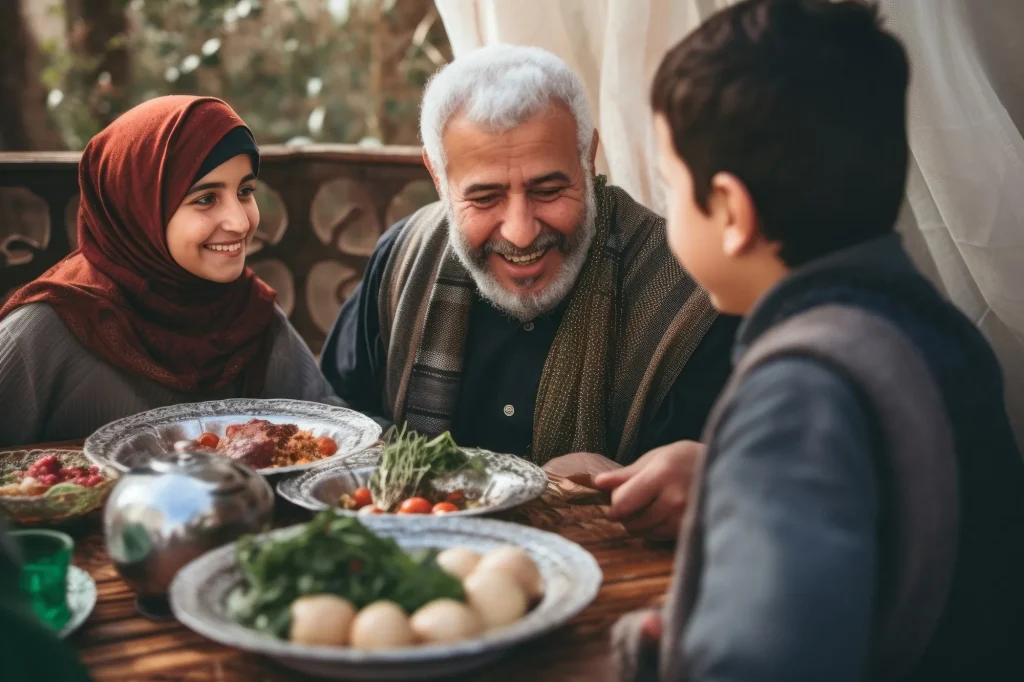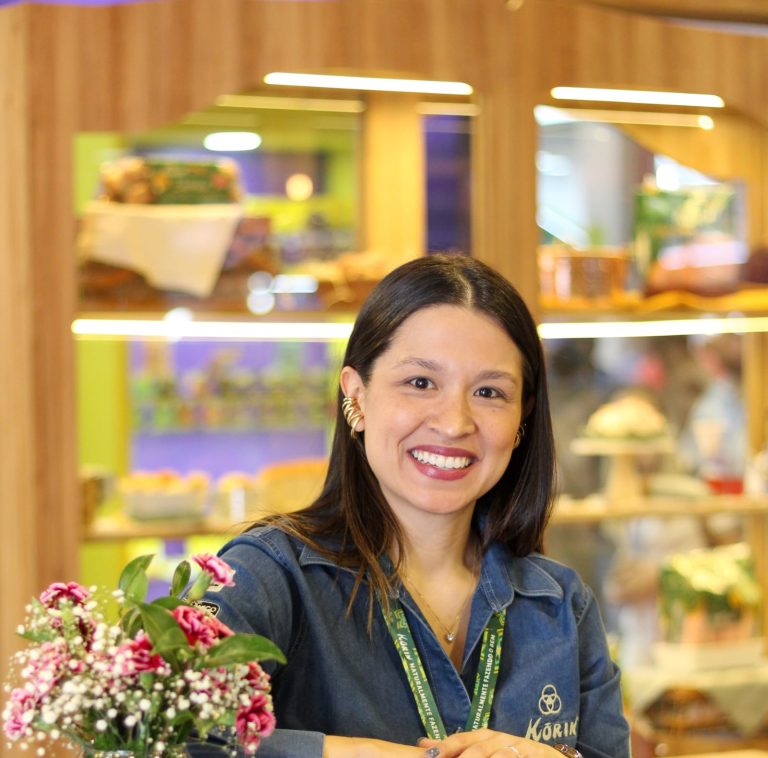São Paulo – After 30 years of operation in the domestic market and one-off sales to Hong Kong and Japan, food producer Korin expects to make its first export deals to Arab countries in the Middle East in the second half of the year. The company will participate in September’s Gulfood Green. In May, it’ll be represented by a Brazilian trader at Saudi Food.
The company obtained its halal certification earlier this year, allowing it to export and sell to Muslim consumers. According to Korin marketing, new business & product development director Mariana Nagata, the halal certification came as a result of a production and life style that has accompanied Korin since its early days in 1994 – the company follows the concepts designed by Japan’s Mokiti Okada, who favors the balance between health, the preservation of rural people and the conscious use of natural resources. The company makes thirty products including rice, coffee, honey, beans, flour, eggs, and poultry. Part of the production is halal, part isn’t.

The chickens raised by Korin are fed with natural feed, don’t receive antibiotics and are recognized with the Certified Humane certification that proves the birds are raised within the animal welfare standards. They also have the halal certification by Fambras Halal. A requirement for a product to be halal is related to cleanliness, hygiene and quality in animal raising.
“We were the first company in Brazil, if not the world, to raise organic chicken on an industrial scale,” she says. Getting halal certified, says Nagata, required small “adjustments”, as the company already met most of the demands.
Read more:
Deals at Gulfood a surprise amid strong demand
Arab-Brazilian Chamber unveils halal traceability project
“This is a year for the company’s growth and expansion, whose foundations have been laid since 2022 when the company started investing in a new food chicken-based food production plant,” says Nagata. “Now, 2024 is a very important year because of the acquisition of the halal certification, which leads us to set sights on the international market.” Along with the Middle East, Japan is another priority market of the company.
Two Korin’s plants make chicken meat, both in the state of São Paulo. The oldest one, in Ipeúna, is certified for the halal slaughter. It makes raw chicken. The other plant, in Araras, is newer and focus on the production of processed poultry. “We expect it to soon be able to produce halal,” says Nagata. Korin doesn’t unveil all its numbers and targets, but Nagata says that the company is prepared to double its production if demand requires it.
Korin is supported by ApexBrasil
The company caters to customers throughout Brazil, 80% of its consumers being in São Paulo, followed by Rio de Janeiro and Paraná. Its first participation in a trade show outside Brazil will be at Gulfood Green, from September 24 and 26, in Dubai, United Arab Emirates. Gulfood, which is held every February, is the largest food and beverage exhibition in the Middle East and features a major participation of Brazil. Gulfood Green, whose inaugural edition takes place this year, is a trade show focused on healthy eating and sustainable food systems.
Participation of the company in this event will be made possible due to the Export Extension Program (PEIEX) of the Brazilian Trade and Investment Promotion Agency (ApexBrasil). It is a project developed for Brazilian companies to start their export programs. According to Nagata, 15 companies will be at Gulfood Green with ApexBrasil.
“It’s worth saying that our product is halal, and it’s the first sustainable product in the market, with all the attributes”
Mariana Nagata, director of marketing, new business, and product development at Korin
“We do expect to close deals at the exhibition. During the PEIEX program of ApexBrasil and other B2Bs we participated in, we connected with companies from the Middle East. Together with the halal certification this [product negotiation] is already under way,” says Nagata. But the goal, she says, is that these connections bring results and sales even before the show itself.
Another initiative by Korin in the region will take place in May. A Brazilian trade will represent the Brazilian brand at Saudi Food in Saudi Arabia. This, she says, aims to present the brand to the local market.
On opportunities and competition for the halal consumer, including with Brazilian companies, Nagata says there is a large demand for meat from Brazil and room for exporters. “But it’s worth saying that our product is halal, and it’s the first sustainable product in the market, with all the attributes,” she says.
Find out more at https://www.korin.com.br/
Translated by Guilherme Miranda




